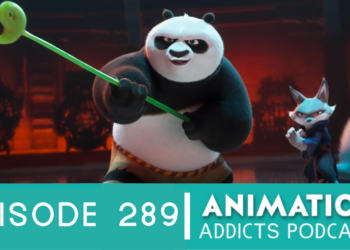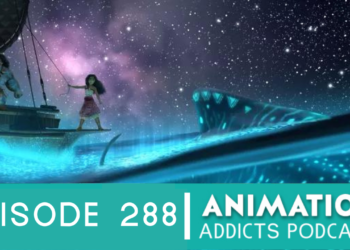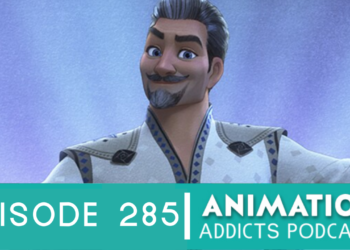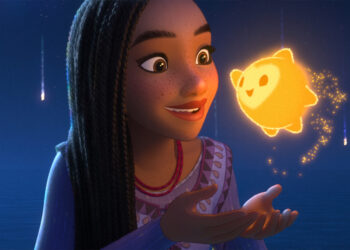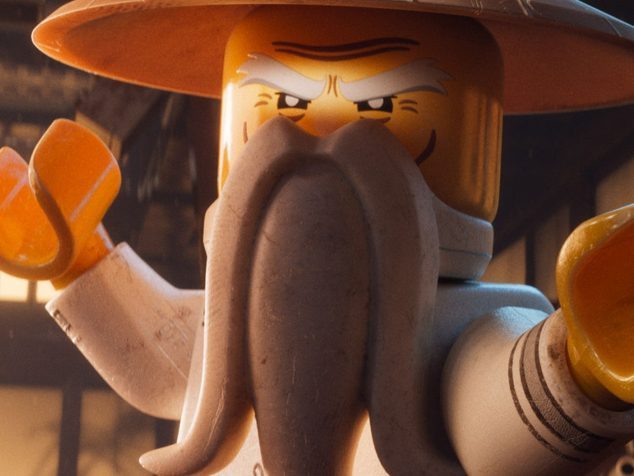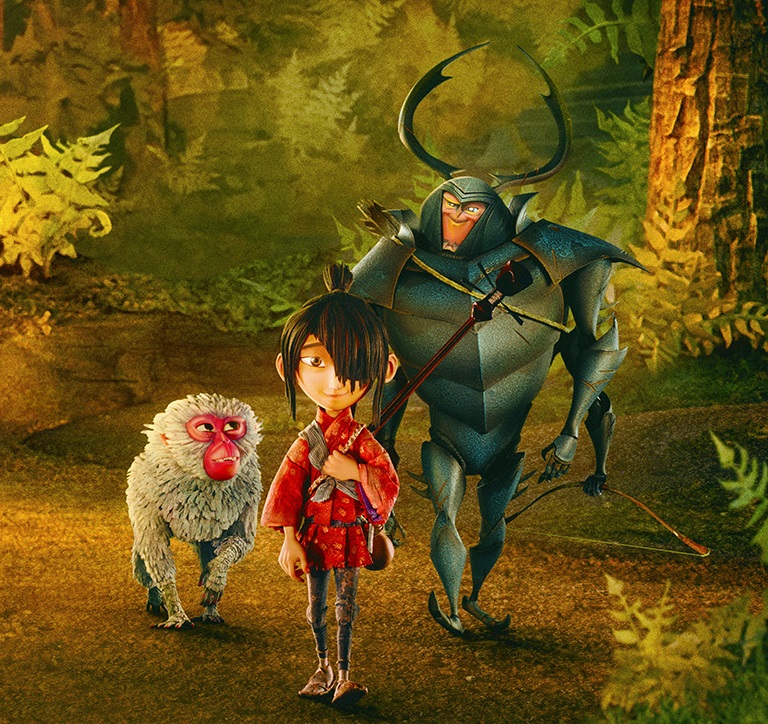
WRITER’S NOTE: I’m aware that the subject of this article might be a sensitive topic to some readers. I fully understand that, but I am also of the opinion that our readers can handle mature subjects whenever they come up. All I ask is that you behave yourselves when discussing this divisive subject with others in the comment thread.
Kubo and the Two Strings is LAIKA’s best film in recent memory. Despite troubles at the box office, Kubo established both a revolutionary step forward for stop-motion and the promise of bigger, blockbuster-style stories from the studio (whilst keeping its art-house spirit in tact).
But I’m not here to talk about the movie itself, its box-office numbers, its critical reception, or anything else. Rather, I’m going to talk about something that’s a tad more sensitive a topic, but still just as important.
While not as prominent as most other controversies I could name, Kubo and the Two Strings has received flack in some circles for having a talented, but mostly white, voice cast playing characters that are either Japanese or can be read as Japanese.
Controversy is nothing new for LAIKA, mind you. The Boxtrolls received criticism for the portrayal of its villain, who some viewed as a stereotypical depiction of transgender individuals. On the flip side, the reveal of ParaNorman‘s Mitch Downe as being gay (the first openly gay character in feature animation) was the attention of both praise and backlash from multiple parties (fun fact: Chris Butler, ParaNorman‘s writer and co-director and co-writer of Kubo and the Two Strings, is openly gay).
All I know is that live-action acting and voice acting are two different things. When you are voice acting, you aren’t in front of a camera; you’re in front of a microphone, and you are only using your voice to bring a character to life. While some films have taken steps to match actors with the race/ethnicities of their characters (Big Hero 6, Home, and this year’s Moana), voice-acting in general can still be something of a gray area in terms of this argument, since you technically can’t ‘see’ the actors on screen. You can only ‘hear’ them as the characters they’re playing.
With all that said, I once again use this format (the same one I used for my Sausage Party articles) to discuss this topic, as this type of conversation couldn’t really be held anywhere else on the website.
In my WYSK article on Kubo, I did a poll on what you guys thought about the criticism. Now I ask you here (as a discussion starter for the comment section): should race matter when casting for certain animated films, or should overall talent be a stronger factor in deciding who gets to voice a character?
Final Note: You are free to discuss spoilers for Kubo and the Two Strings. If you haven’t seen the movie, proceed with caution!
Edited by: Kelly Conley



